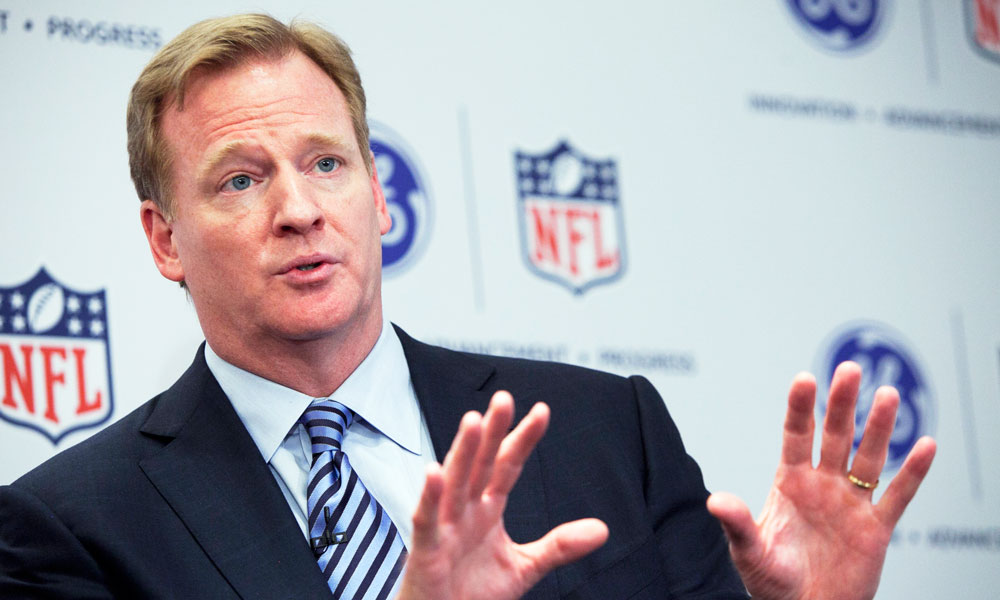
What the Deflategate Saga Teaches About Consistency in Leadership
The big lesson from Tom Brady's successful court fight against a suspension doesn't involve the quarterback. It's really about NFL Commissioner Roger Goodell, who has been slammed for his hands-on role in the league's punitive processes. Critics say that approach has led to inconsistent punishments that frequently get overturned.
Professional sports’ biggest off-season showdown this year wasn’t between the NFL and Tom Brady over a few deflated footballs.
In a lot of ways, it was really a battle between NFL Commissioner Roger Goodell and the NFL Players Association (NFLPA) over the way player punishments are handed out by the league—by Goodell himself in many cases. When a federal judge overturned Brady’s four-game suspension last week, NFLPA was quick to highlight the many faults in the Goodell-driven suspension system, which was created through the collective bargaining process after the league’s last lockout.
“This decision should prove, once and for all, that our collective bargaining agreement does not grant this commissioner the authority to be unfair, arbitrary, and misleading,” NFLPA Executive Director DeMaurice Smith said in a statement last week, after the Brady ruling. “While the CBA grants the person who occupies the position of commissioner the ability to judiciously and fairly exercise the designated power of that position, the union did not agree to attempts to unfairly, illegally exercise that power, contrary to what the NFL has repeatedly and wrongfully claimed.”
This line of argument played a key role for both the New England Patriots quarterback and the association in court. Brady’s lawyers pointed to the league’s inconsistent standards for punishment, citing now-retired quarterback Brett Favre’s refusal to cooperate in a 2010 sexual harassment investigation, which led to a fine, while Brady’s lack of cooperation in the “deflategate” probe resulted in his suspension.
Open to alternatives
On Tuesday, Goodell admitted that NFLPA had a point, saying he was open to taking a backseat to a discipline committee or another system of the league’s choosing.
“It’s become extremely time-consuming and I have to be focused on other issues, and that’s what I’ve discussed with many of the owners over the last couple of years,” Goodell said on Tuesday, according to NFL.com. “We believe that a discipline officer or some type of panel that could make at least the initial decision and then designate on some type of appeal would be a better system.”
Goodell noted that his direct role in the process is allowed by the league’s collective bargaining agreement with players. But his previous suspensions of NFL stars Adrian Peterson and Ray Rice in cases involving domestic violence were overturned in court because of inconsistencies in the disciplinary process.
NFLPA’s Smith laid responsibility for improving the process at the owners’ feet. “The owners have allowed, and tacitly approved, the current state of affairs,” Smith told USA Today. “It’s up to them as to whether there is a change in direction.”
NFL Commissioner Roger Goodell. (Allison Joyce/Getty Images)






Comments